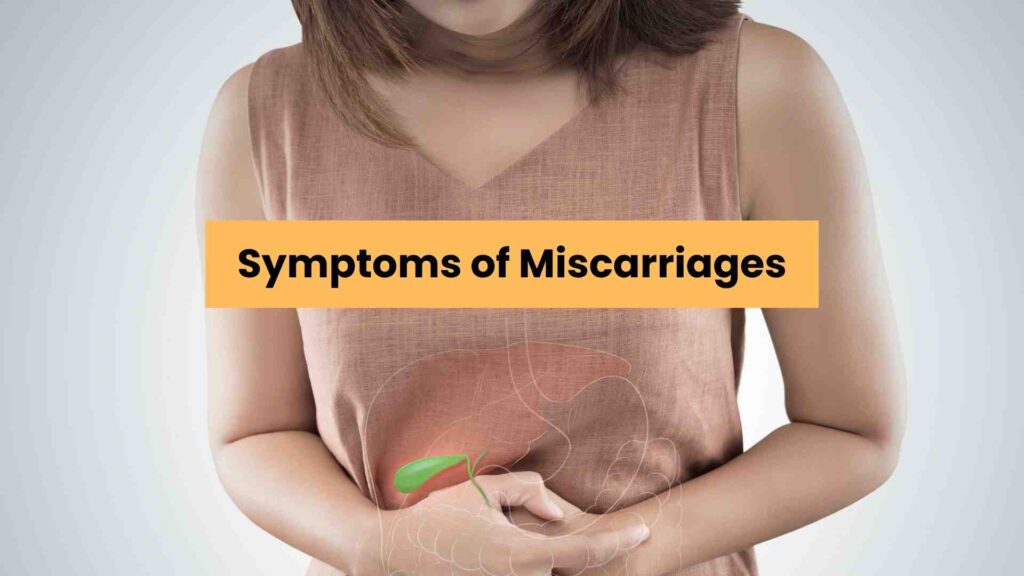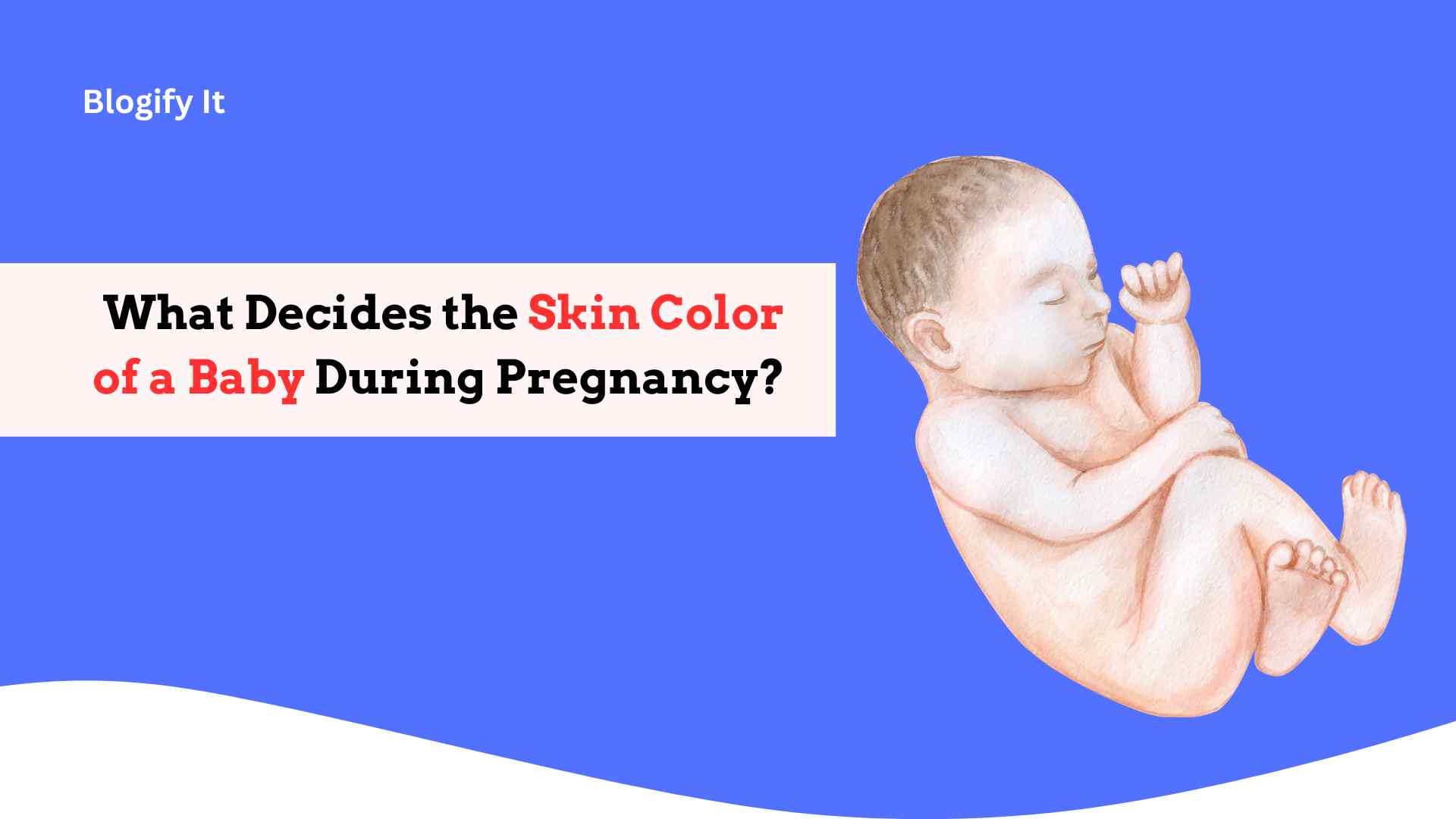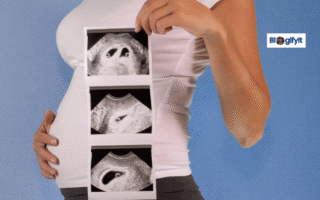Summary: Miscarriage is one of the scariest thoughts or experiences for any mother. But it happens for different reasons. Let’s find out all possible reasons behind miscarriages so that you can learn from them and avoid them during your pregnancy.
Have you ever wondered why some pregnancies end in heartbreak? Miscarriages, the unexpected loss of a pregnancy before the 20th week, are more common than many realize. While deeply emotional, understanding the reasons behind miscarriages can provide a sense of clarity during this challenging experience. In this comprehensive guide, we’ll delve into the top reasons behind miscarriages.
From chromosomal abnormalities and hormonal imbalances to uterine abnormalities and infections, we’ll explore the intricate web of potential causes that every expectant mother should be aware of. But, let’s start with discussing the types of miscarriages.
Types of Miscarriages
Miscarriages generally happen during the first trimester of your pregnancy, and this is one of the key reasons why it is the toughest phase of pregnancy.

All miscarriages are not same. Here are 5 types of miscarriages you should know:
1. Threatened Miscarriage
Imagine you’re in the early stages of your pregnancy journey, and suddenly, you notice some spotting or cramps. Don’t panic just yet – this could be a threatened miscarriage. In this situation, your little one is still hanging in there, and your cervix remains closed and secure. With proper rest and care, many women in your shoes have delivered healthy, full-term babies.
2. Incomplete Miscarriage
Sometimes, a miscarriage can be incomplete, meaning that while some pregnancy tissue has been expelled from your uterus, a portion still remains inside. This can lead to heavy bleeding and put you at risk of infection if not addressed promptly. Your healthcare provider will likely recommend medical intervention to ensure your safety and well-being.
3. Complete Miscarriage
In the case of a complete miscarriage, your body has completely expelled the products of conception or pregnancy tissue from the uterus. Though quite traumatic, the physical symptoms, including such things as cramping and bleeding, should resolve since the miscarriage is complete.
4. Missed Miscarriage
Also known as a silent or missed abortion, this is when the heartbeat of your baby has stopped, but your body just hasn’t quite caught on yet. What this means is there’s no initial bleeding or cramping whatsoever. However, once the body does catch on that the pregnancy has ended, some medical intervention will be required for the safe passage of the tissue.
5. Recurrent Miscarriage
If you’ve felt the heartbreak of three or more consecutive miscarriages, know that you are not alone. This, by definition, is termed a recurrent miscarriage, and now is the time to take a closer look at what could be causing this pattern. Your healthcare provider will probably advise a thorough medical investigation to reveal underlying factors and develop an individualized plan to enhance your chance for a successful pregnancy.
Now you know the types of a miscarriage, let’s jump to our main topic, i.e. the top reasons behind miscarriages.
Some Major Reasons Behind Miscarriages
Do you know globally, around 23M miscarriages occur yearly. This results in an average of 44 pregnancies terminating prematurely every minute.

Miscarriages can be an incredibly traumatic experience for any mother. While they are more common than many realize, the emotional toll they take is undeniable. However, understanding the potential causes can help provide some clarity and comfort during this difficult time. Here are the top reasons behind miscarriages – knowledge that every expectant mother should be aware of:
1. Chromosomal Abnormalities
Around 7 in 10 (70%) of all miscarriages happen when a fertilized egg gets the wrong number of chromosomes. During fertilization, the egg and sperm each contribute 23 chromosomes, creating a total of 46 chromosomes in the embryo. If there are too many or too few chromosomes, or if the chromosomes are structurally abnormal, it can lead to developmental issues and miscarriage. These abnormalities are often random occurrences and are not inherited.
2. Hormonal Imbalances
Hormones like progesterone, estrogen, and human chorionic gonadotropin (hCG) are crucial in maintaining a healthy pregnancy. Conditions like PCOS, thyroid disorders, or diabetes can disrupt the delicate hormonal balance, making it difficult for the pregnancy to progress normally.
3. Uterine Abnormalities
The uterus is the home of the developing fetus, and any structural issues can cause problems. Fibroids (non-cancerous growths) can interfere with implantation or fetal growth, while a uterine septum (a wall dividing the uterus) or an abnormally shaped uterus can prevent the fetus from properly attaching to the uterine lining.
4. Autoimmune Disorders
In some autoimmune conditions, the body’s immune system mistakenly attacks its tissues, which may include the developing fetus. Antiphospholipid syndrome produces antibodies, which interfere with blood flow to the placenta, whereas in lupus, there is inflammation that may involve the fetus.
5. Infections
Most viral and bacterial infections, as well as some parasitic infections, can also be transferred across the placenta and result in infection of the fetus. This can give rise to miscarriage or birth defects. Examples of this include cytomegalovirus, rubella (German measles), toxoplasmosis—a parasitic infection—and various sexually transmitted infections.
6. Maternal Age
As the woman’s age progresses, the quality and quantity of eggs decrease. Thereby increasing chromosomal abnormalities in the embryo. Women above the age of 35 have a higher risk of miscarriage, and the risk increases with advanced maternal age.
7. Lifestyle Factors
Do you know smoking during pregnancy increases the risk of low birthweight, placental abruption, and sudden infant death syndrome? Also, smoking during pregnancy increases the chance of miscarriage by 24-32%, as per a report.
Smoking during pregnancy can cause placental problems and increase the risk of miscarriage and other complications. Excessive alcohol consumption and drug abuse can also harm the developing fetus and contribute to pregnancy loss.
8. Placental Problems
The placenta is a vital organ that provides nutrients and oxygen to the fetus. Issues like placental abruption (when the placenta separates from the uterine wall) or placenta previa (when the placenta partially or completely covers the cervix) can disrupt the flow of oxygen and nutrients. This can lead to miscarriage or preterm birth.
9. Maternal Health Conditions
Certain chronic health conditions can put stress on the body and increase the risk of miscarriage. These include uncontrolled diabetes, kidney disease, severe heart disease, and some autoimmune disorders.
10. Exposure to Environmental Toxins
Certain environmental toxins, such as lead, mercury, and radiation, can increase the risk of miscarriage. These substances can cross the placenta and harm the developing fetus. Additionally, exposure to industrial chemicals, pesticides, and some medications during pregnancy may also contribute to pregnancy loss.
Some Additional Causes of Miscarriage
In addition to the top 10 reasons mentioned earlier, other factors that can contribute to miscarriage include:
- Severe trauma or physical injury
- Cervical incompetence (when the cervix dilates too early)
- Rh incompatibility (when the mother’s and baby’s blood types clash)
- Previous miscarriages or pregnancy complications
What Are the Symptoms of Miscarriages?

Here are some alarming signs of miscarriages you should never avoid:
1. Vaginal Bleeding
This is often the most common and noticeable symptom of a miscarriage. The bleeding can range from light spotting or brownish discharge to heavy bleeding with clots. It’s important to note that some light spotting is the sign of a healthy pregnancy, but heavy or persistent bleeding is a cause for concern.
2. Cramping or Abdominal Pain
Many women experience cramping or abdominal pain during a miscarriage, which can range from mild discomfort to severe cramping, similar to menstrual cramps. The intensity of the pain can vary depending on the type of miscarriage and how far along the pregnancy was. Some women may also experience back pain or pelvic pressure.
3. Loss of Pregnancy Symptoms
If you’ve been experiencing common pregnancy symptoms such as nausea, breast tenderness, fatigue, or food cravings, and these symptoms suddenly disappear, it could be a sign of a miscarriage. As the pregnancy hormones decrease, these symptoms may start to fade.
4. Passing of Tissue or Clots
With the miscarriage, you may be passing large blood clots or recognizable fetal tissue from the vagina. This is usually a very stressful situation, and in case of a large amount of tissue or clot passing, one should not hesitate to seek medical help.
5. Fever or Chills
In some cases, a miscarriage can be accompanied by fever or chills, which may indicate an infection. If you experience these symptoms, seeking medical attention is crucial, as an infection can be a serious complication.
It’s important to note that not all women experience the same symptoms during a miscarriage, and the severity of symptoms can vary. Some women may have minimal bleeding or cramping, while others may experience more intense symptoms.
If you suspect you’re experiencing a miscarriage, it’s essential to contact your healthcare provider right away. They can perform an ultrasound or other tests to confirm the diagnosis and provide appropriate medical care and emotional support.
Additionally, it’s crucial to watch for signs of excessive bleeding, severe pain, or signs of infection (such as fever or foul-smelling vaginal discharge), which may require prompt medical attention.
How to Avoid Miscarriages?

Now that we have discussed the top reasons behind miscarriages let’s look at some tips to avoid such mishappenings.
1. Maintain a Healthy Lifestyle
Eating a balanced diet rich in fruits, vegetables, whole grains, and lean proteins can provide essential nutrients for fetal development. Regular, low-impact exercise can also be beneficial not only to avoid miscarriages but for the normal delivery. Avoiding smoking, alcohol, and recreational drugs is crucial, as these substances can harm the developing fetus.
2. Manage Pre-existing Conditions
If you have a pre-existing condition like diabetes, thyroid disorders, or an autoimmune disease, it’s essential to work closely with your healthcare provider to manage it properly. Maintaining stable blood sugar levels, taking necessary medications, and following a specialized treatment plan can help reduce the risk of miscarriage.
3. Take Prenatal Vitamins
Prenatal vitamins, especially those containing folic acid, can help prevent birth defects. A health provider can recommend appropriate dosages and times for this nutrient.
4. Reduce Stress
Stress is a serious concern during pregnancy. That’s why we recommend activities like meditation, deep breathing exercises, yoga, or counseling. These can ease stress and make you feel prioritized and cared for, leading to a healthier pregnancy.
5. Seek Early Prenatal Care
Routine prenatal visits allow your health care provider to monitor your pregnancy’s progress, identify complications early, and initiate treatment or other interventions as needed.
Final Thoughts
These were the top reasons behind miscarriages. They can be emotionally devastating experiences. However, understanding the potential causes can provide valuable insights and empower expectant mothers to take proactive steps.
It’s crucial to remember that miscarriages are not uncommon, and they are often not the result of anything the mother did or didn’t do. Women can navigate this challenging journey with greater resilience by staying informed, seeking support from healthcare professionals and loved ones, and prioritizing self-care.




